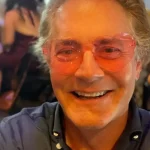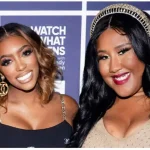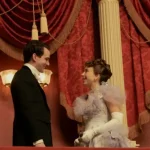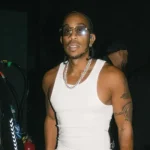Johnny Depp says he was a “crash test dummy” for MeToo and reveals deep betrayal by close friends who stayed silent during his legal battle with Amber Heard.
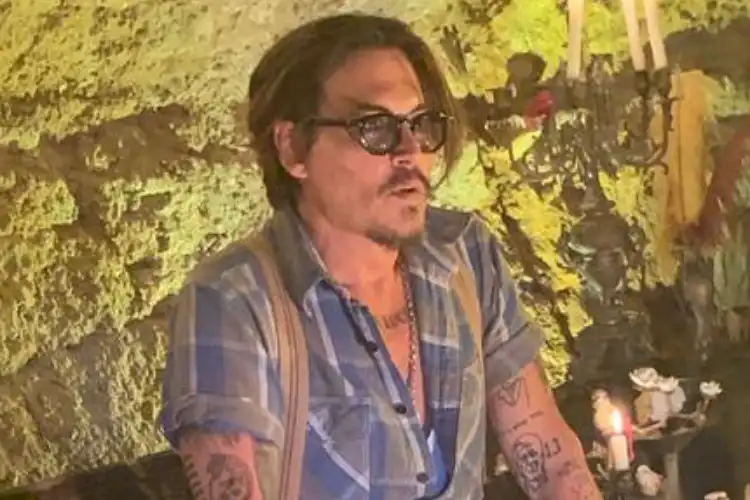
Johnny Depp opened up in a frank interview with The Sunday Times about the personal and professional fallout he experienced during and after his much-publicized defamation trial against Amber Heard, characterizing himself as a “crash test dummy” for the nascent MeToo movement.
He lamented that, before the industry had fully grappled with issues of sexual misconduct—well before high-profile convictions like Harvey Weinstein’s—he bore the brunt of public suspicion without the benefit of due process.
Depp recalled longstanding relationships of loyalty that turned sour when he needed support most. Although he remained with one agent for three decades, she ultimately testified about his perceived difficulties in court.
He described this betrayal as “death by confetti,” whereby people publicly praised him yet privately spoke ill, all while continuing to profit from his career.
More painfully, he said, were three unnamed individuals—friends who had shared joyful moments with his children—who “did me dirty” by refusing to stand by him in the face of damaging allegations.
Reflecting on the trial’s timing, Depp noted that the MeToo movement had only just begun to reshape Hollywood attitudes when he found himself at the center of its first high-profile storm.
“I was pre-MeToo,” he said. “I sponged it, took it all in.” He suggested that the fear of making “the wrong choice” led many in his circle to prioritize self-preservation over loyalty, urging them to “better go woke” rather than champion his side of the story.
The legal battle centered on a Washington Post op-ed Heard wrote in 2018 about domestic abuse, which, though she did not name him, was the basis for his defamation suit filed in Virginia.
On June 1, 2022, the jury sided largely with Depp, awarding him the vindication he craved; Heard prevailed on one of her counterclaims. The case concluded with a settlement and Heard’s payment of $1 million.
In the trial’s aftermath, Depp declared that the outcome had “given me my life back,” allowing him to set the record straight for his children and his steadfast supporters.
Beyond the courtroom drama, Depp addressed his ongoing career, dismissing talk of a “comeback” as overstated.
He insisted he “didn’t go anywhere,” pointing to recent films like Minamata and Jeanne du Barry, lucrative Dior commercials, and his upcoming project Day Drinker as evidence of his continuous involvement in the industry.
He quipped that if he had truly walked away, he “would never come back,” underscoring his enduring commitment to his craft despite the turbulence of recent years.
Overall, Depp’s interview paints a portrait of a man who felt exploited by a movement still finding its bearings, betrayed by those he trusted, yet ultimately vindicated by the legal system and determined to press on creatively.
